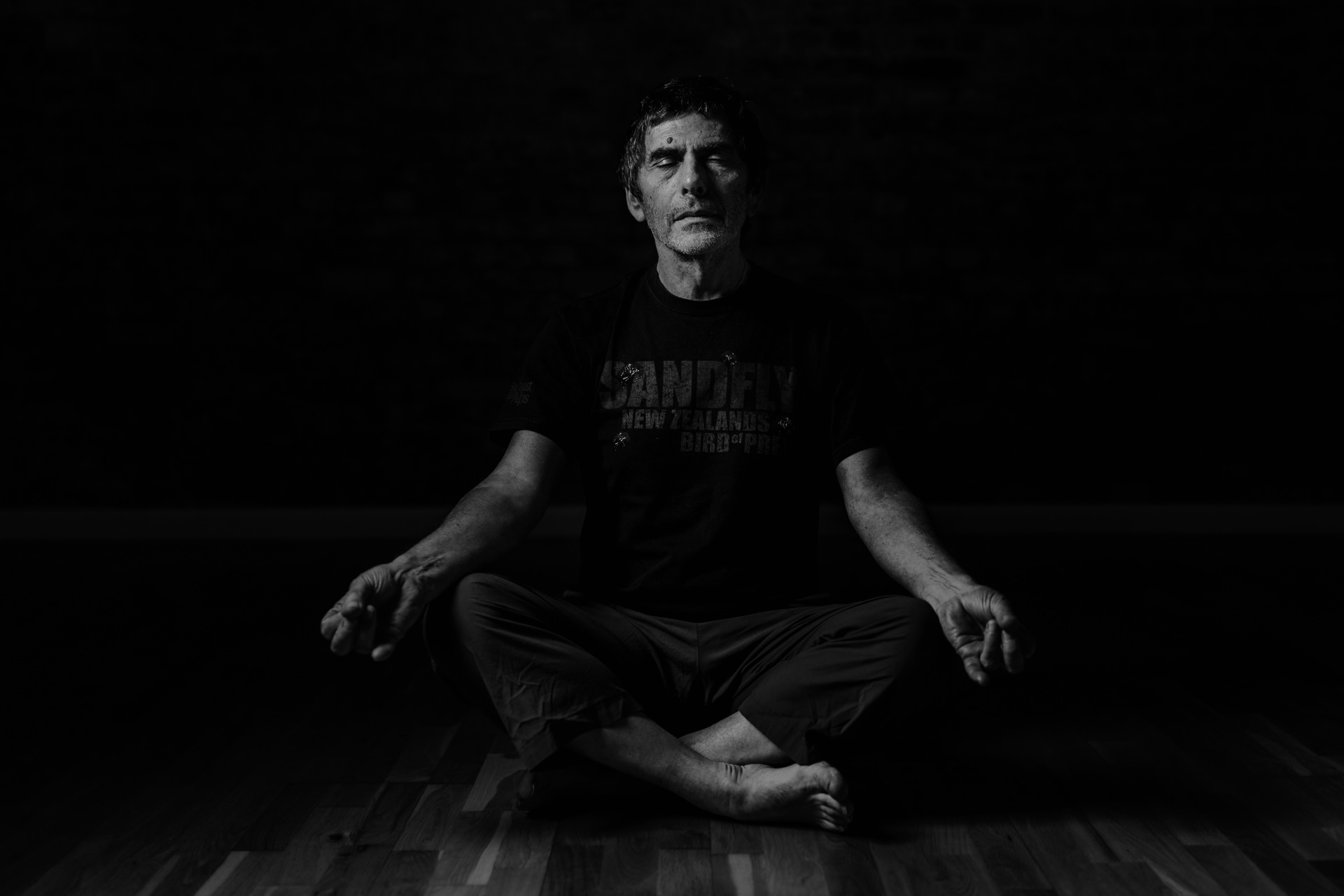
By Derek Elliott
Something amazing happens when we sleep.
Most of the neurons in the brain have a companion cell called a glial cell. In deep sleep these cells shrink, giving space in the brain for cerebrospinal fluid to wash the brain and flush out any metabolic refuge left by the day’s neural activity. One amazing function of sleep amongst many.
It is not only that there is nothing like a good night’s sleep, it is really quite essential. Adults need a minimum amount of quality sleep and dream, seven to eight hours on average, for their mental, physical and emotional well being. Until I started studying the science of sleep, it had not really sunk in just how essential sleep is.
Many of us who receive less than adequate sleep don’t realise the extent of the gap between their experience and an optimum way of functioning. Sleeplessness is also an indicator and possible cause of a whole multitude of degenerative health issues. It is quite likely the biggest health issue of these modern times. If there was any area of our lifestyle to which we could advise ourselves to extend real care it would be these hours of the night.
If you happen to suffer from seemingly hopeless patterns of disturbed sleep this might sound extremely depressing. But I found great clarity in knowing what happens when we sleep or don’t sleep. I talk from experience. I had a long period of insomnia that lasted a good 10 years, that was brought about by difficult circumstances in my life at the beginning of that period and which induced enormous stress. I had very little idea as to how to work with it or be with it. I discovered that there is really no medication of any kind that really makes any systemic difference. I could try to soothe myself with things such as massage, diet, nice smells, great mattresses, gentle music, herbal potions, but to no real avail. The gains were minimal. Fortunately I eventually discovered that there are real and effective ways of addressing insomnia that actually work over time. Equipping other people with tools of their own is passion of mine. Maybe we all be graced with good sleep.
It is useful to work with a sleep practitioner to effect a change. Nobody can bring about the change to good sleep for us, we need to learn to do it for ourselves. The job of the practitioner is to equip the insomniac with tailored resources that they can apply themselves.
There are three main ways of approaching sleep disorders. The first is sleep management. We simply map the individual way we live our lives and its connection to sleep over a period of time. This process gives clues as to what positive adjustments we can make to our lifestyle. Modern ways of living and dietary habits doesn’t make for good sleep for many of us.
Secondly the majority of us who don’t sleep well, have highly activated nervous systems. This is usually the immediate reason we stay awake or have our sleep disturbed during the night. Yoga in particular has some brilliant methods by which we can encourage the nervous system to relax. These are great for all of us, let alone those of us who don’t sleep well. As well as restorative methods there are preferred ways and timings of doing active postural yoga.
Thirdly there is quite commonly some experience past or present that initiated sleeplessness in the first place, that still has something of a ‘grip’ on us. Even if the ‘cause has been apparently resolved, there may remain an anxiety ‘loop’ that still needs to settle. Sooner or later the effect of these experiences past or present, need to be gently met, in a way which is safe and settles us into a greater sense of ease with ourselves. The job of the sleep practitioner is not to act as a therapist but to help you with the means to be with your own experience that brings relief and healing rather than exacerbates present challenges.
Everybody’s sleep story is different, so there is no one way to repair the tear in our sleep fabric. But by mutual exploration, really good methods can be found to address the individual situation. The Yoga for Insomnia Workshop will outline a little of how sleep works. The science is fascinating in itself. There will be an introduction to the various tools available to address sleep disturbance and a good period of time for practical work in how to apply them, particularly in diffusing an activated nervous system. There will also be plenty of space for conversation about sleep.
If you would like an overview of the kind of work that is available to help the insomniac and some practical explorations to combat insomnia, come along to Derek's workshop on Saturday 28th September at 2.00pm. Click here for more information and to reserve a space.